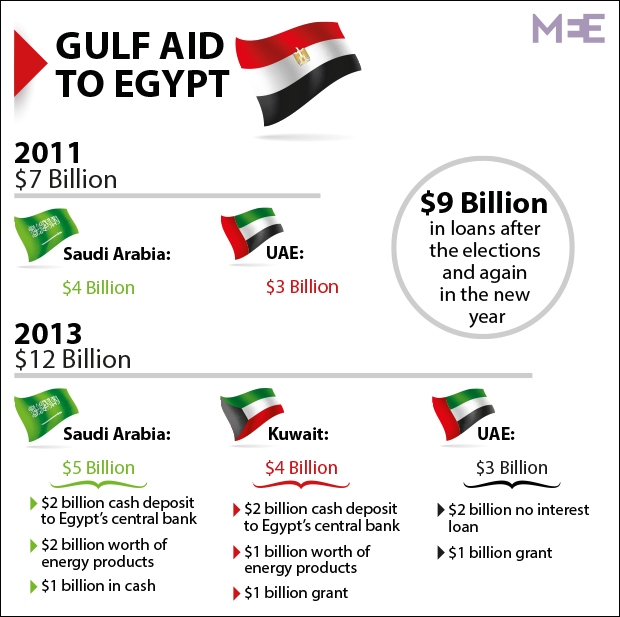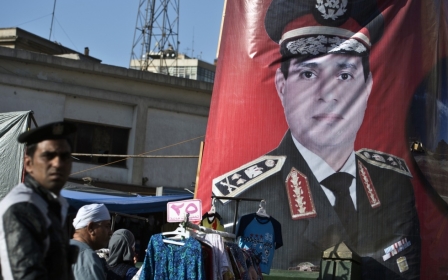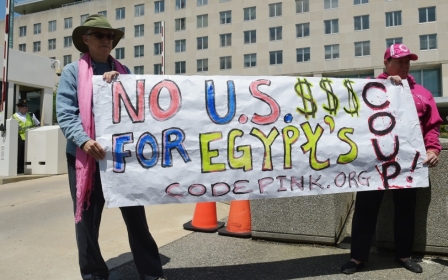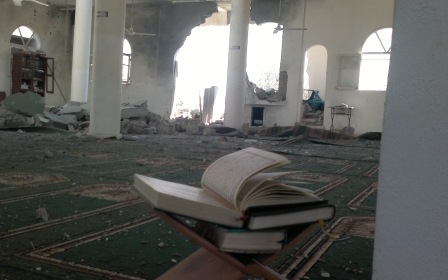Sinai takes centre stage as Egypt election campaign continues
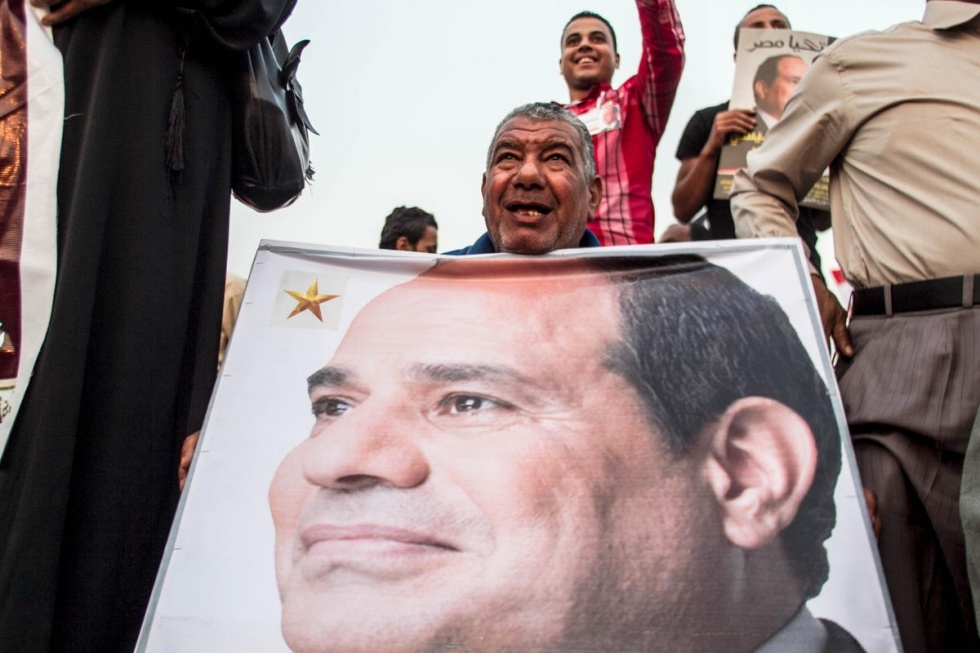
Egyptian presidential frontrunner Abdel Fattah al-Sisi stepped up his campaign on Thursday, holding meetings with youth and tribal leaders from the Sinai peninsula and pledging to make the region’s development a top priority if elected.
“The developmental map of Egypt in the coming period will depend mainly on Sinai,” Sisi’s campaign team said in a statement following the meetings.
The Egyptian “state in the coming stage will not have any problems with regards to development in Sinai,” the statement quoted Sisi as saying.
The former field general pledged to bring stability and security to the troubled region, while boosting its economic development, the statement read.
Sisi's main challenger in 26-27 May elections, Hamdeen Sabahi, is portraying himself as a more liberal and leftist alternative to the former field marshal. However, Sisi is widely expected to easily win the vote.
In recent months, Sinai has been the subject of a widespread security crackdown aimed at rooting out terrorist cells that allegedly operate in the area. An investigative report by the Middle East Eye last month found that at least 300 people, including many civilians, have been killed as a result of the fighting.
Much of the peninsula has become a no-go area as the clampdown has intensified, although Sinai’s southern most tip in Sharm el-Sheikh remains a key tourist destination and is seen as crucial to Egypt’s struggling economy.
Sisi’s statement comes a day after the current military-backed government said that it would present a large-scale Suez Canal development plan in January 2015, with Cairo saying it was currently in talks with both local and international financial institutions and various companies over the project. The government will begin receiving and screening offers as early as February 2015, said director of the department of planning at the Suez Canal Authority (SCA), Mahmoud Rizq.
The canal, which divides the Sinai from the rest of Egypt, is a key global trade route that ferries about 8 percent of the world’s trade. Egyptian authorities estimate that revenues from the canal will hit a $5.5bn this year, a key boost to the flailing Egyptian economy.
The economy has been hit hard by years of political turbulence and unrest which followed on from the 2011 revolution to topple former strongman Hosni Mubarak.
A string of emergency loans from Egypt’s Gulf allies are seen as helping to prop up the economy, with Saudi Arabia, the UAE and Kuwait pouring in billions since the July coup against Egypt’s first democratically elected president Mohamed Morsi.
According to a senior Finance Ministry official, Egypt has now secured an additional $9 bn in loans from its wealthy backers, which will be delivered straight after the elections and again in the new year
The official added that the Arab countries are willing to provide assistance to Egypt for an additional two or three years at the most.
Further talks about energy assistance which could see the Gulf countries sink another $4 bn in are also underway, the official added.
Middle East Eye propose une couverture et une analyse indépendantes et incomparables du Moyen-Orient, de l’Afrique du Nord et d’autres régions du monde. Pour en savoir plus sur la reprise de ce contenu et les frais qui s’appliquent, veuillez remplir ce formulaire [en anglais]. Pour en savoir plus sur MEE, cliquez ici [en anglais].


